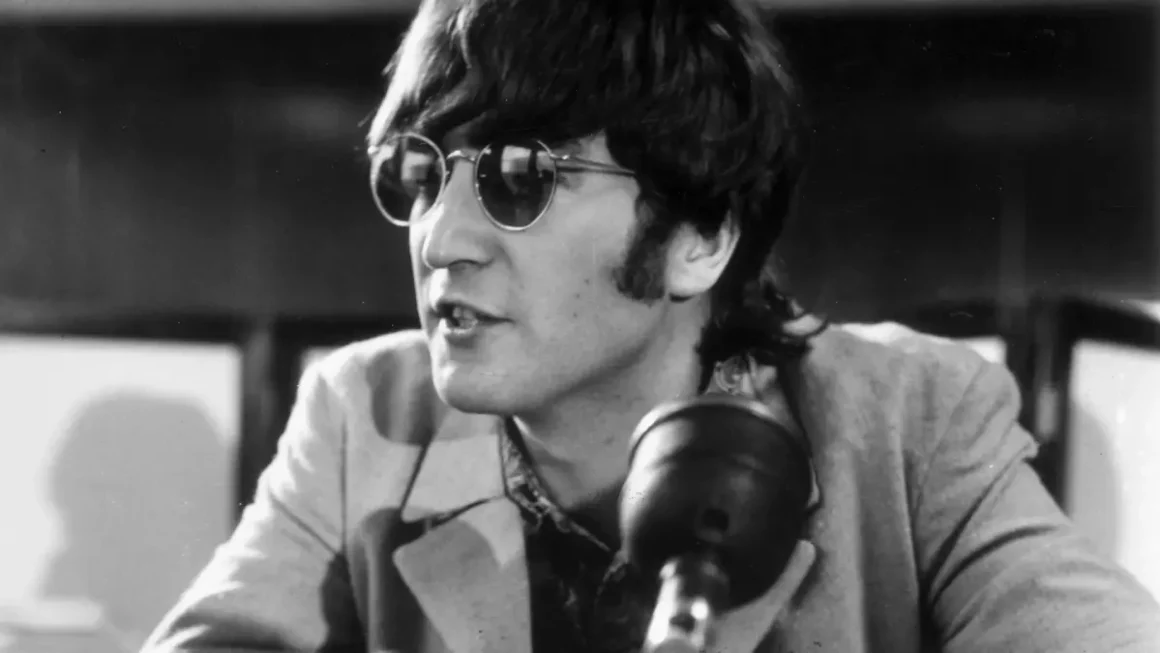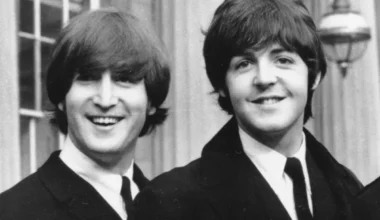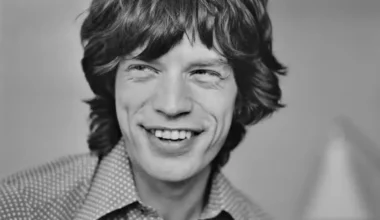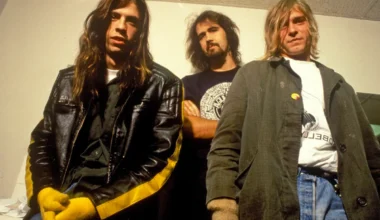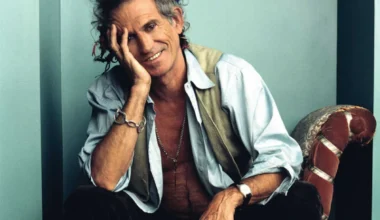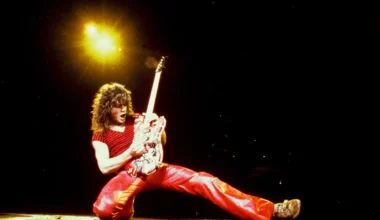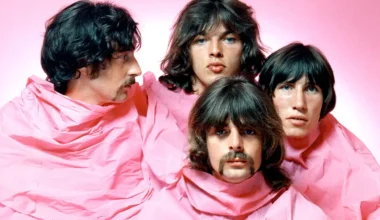When George Martin first saw The Beatles perform, he wasn’t entirely convinced. Many years later, he would say, “I met them in London, and when I listened… it was OK, but it wasn’t brilliant.” But the clever Teddy Boy charm of the foursome was what initially caught his attention. Martin continued, “The magic part came when I got to know them because they were nice people.”
With their social chemistry and songwriting, these four personalities carried the band far throughout the 1960s. This made them more than just a foursome. However, very few would characterize any member of the Beatles as a virtuoso on an instrument.
Paul McCartney possessed the most technical proficiency of the four. His remarkable versatility as an instrument led to Stuart Sutcliffe hiring him as bassist in 1961. In the meantime, George Harrison—who had shown himself to be a talented songwriter and composer—lacked confidence in his skills. This was particularly true following his encounter with Eric Clapton.
Harrison displayed remarkable humility, especially considering his celebrity status. In 1987, he said to Guitar Player, “I’ve always been embarrassed at the idea of being in Guitar Player magazine.” “All I am is a skiffler.” I just do “posh skiffle,” nothing more.
The “Something” songwriter undersold himself when he made this remark, but his lack of skill indeed necessitated outside assistance. Revolver’s “Taxman,” which Harrison contributed to, is renowned for having lead guitar parts played by McCartney instead of Harrison. This was reportedly due to Harrison having trouble nailing the progression in a short amount of studio time.
Harrison also asked his friend and future romantic rival Clapton to play lead guitar on the hit song “While My Guitar Gently Weeps” from his “White Album.” Even though it’s not as catchy, maybe he should have sung, “While Clapton’s guitar gently weeps.”
Harrison finds it difficult to get a word or song in at the end of the band’s tenure, as Peter Jackson’s The Beatles: Get Back shows. Midway through the session, Harrison temporarily left the band due to a series of arguments. He famously said, “See you ’round the clubs,” as he walked out of the room.
Lennon immediately offered an alternative as he saw the door close on Harrison. “I believe we should ask Eric Clapton to play if George isn’t back by Monday or Tuesday,” he said to Michael Lindsay-Hogg, the director of Get Back. “Leave it alone and carry on as if nothing happened.” Harrison did eventually make a comeback, at least until The Beatles formally broke up a few months later.
Multiple significant factors contributed to the demise of The Beatles in April 1970. Yoko Ono’s separation from John Lennon during their heroin-fueled downward spiral was one of them. Many years later, McCartney reflected, “And this was a fairly big shocker for us because we all thought we were far-out boys. But we kind of understood that we’d never get quite that far out.” “The two of them were on heroin.”
Lennon’s heroin addiction exacerbated his pre-existing issues with trauma from childhood, fame, and international conflict. While John Lennon had alluded to heroin in passing in the 1968 song “Happiness is a Warm Gun,” he adopted a more overt stance with “Cold Turkey.” This shift occurred one year later.
After ‘Give Peace a Chance,’ Lennon recorded ‘Cold Turkey‘ as a solo single after his bandmates gave it a cold reception. In the song “Temperature’s rising/Fever is high/Can’t see no future/Can’t see no sky/My feet are so heavy/So is my head/I wish I was a baby/I wish I was dead,” Eric Clapton, a guitarist, expresses his anguish over his battle with addiction.
Despite Lennon’s general admiration for Clapton’s skill, he seemed to become enraged during the ‘Cold Turkey’ session. In retrospect, Rick Neilsen, the guitarist for Cheap Trick, stated in a 2023 interview with Classic Rock. He mentioned that John Lennon had wanted him to play on the single. While I was performing in the studio, Nielsen recalled, “John turned to Jack Douglas and said, ‘Oh my goodness, I wish I had Rick on ‘Cold Turkey.‘” Clapton grew reticent.
A few years later, during the Double Fantasy recording sessions, Lennon invited Neilsen to work with him and Yoko Ono in the studio. The guitarist was involved in the early versions of both Ono’s response song, “I’m Moving On,” and “I’m Losing You.” The album’s more polished sound didn’t mesh well with his unpolished approach. The final mix included later takes featuring David Bowie’s guitarist Earl Slick.

